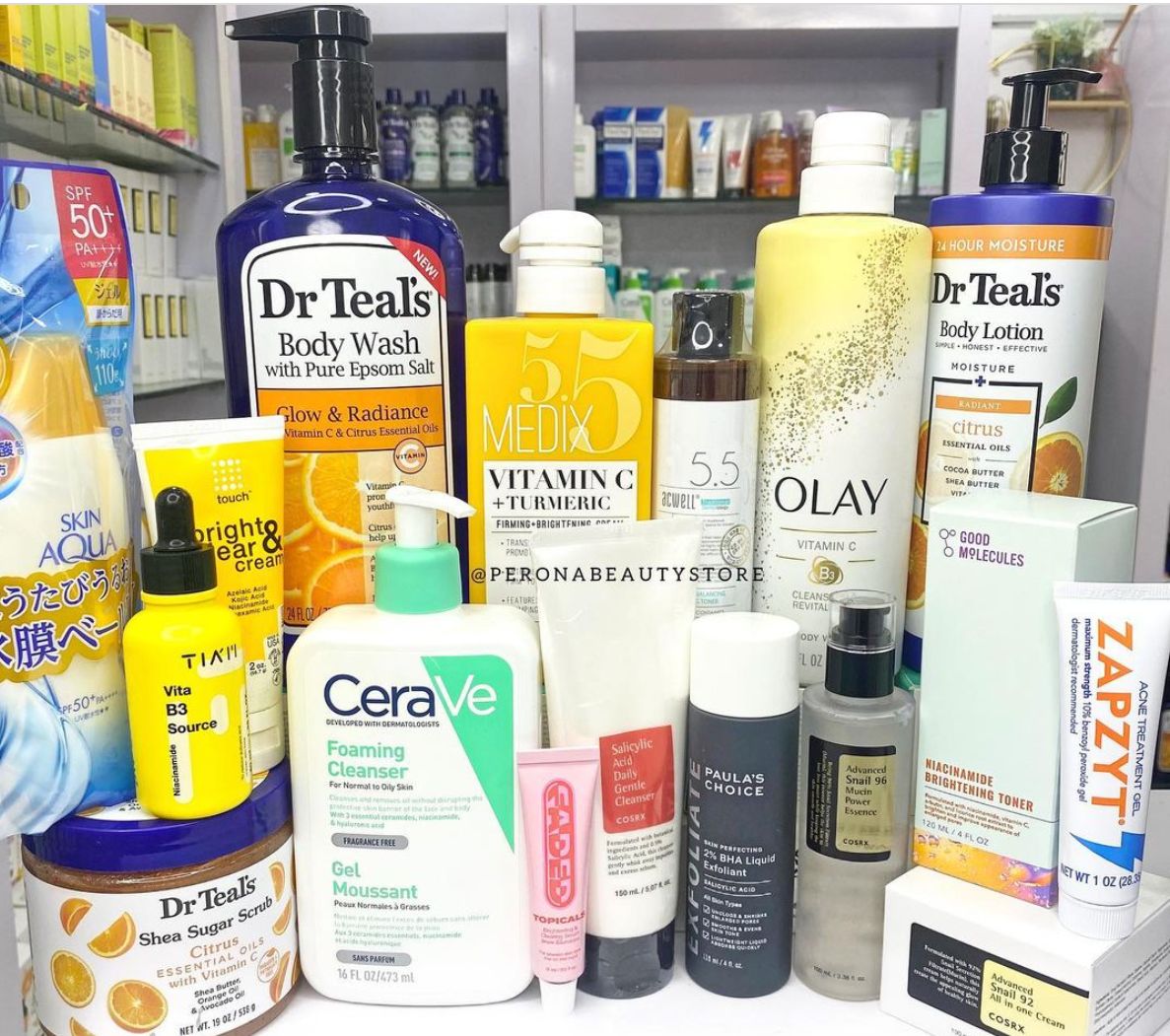By 2030, sub-Saharan Africa is expected to have an economy that is worth around $3 trillion, the same value as that of the Russian economy today. The African continent is witnessing a significant surge in the skincare products market, reflecting broader global trends while also showcasing unique regional dynamics. As the beauty industry evolves, African consumers are becoming more discerning, seeking products that cater to their specific skin types and concerns. This burgeoning market presents both opportunities and challenges for local and international brands aiming to capitalise on this growing demand.
More and more women are overcoming the fear of powdering their faces and have embraced the use of cosmetics for their personal grooming. In a similar vein, men are now frequently seen in beauty parlours for manicures, pedicures and hair styling.
One of the primary drivers of the skincare boom in Africa is the heightened awareness and education among consumers about skincare routines and the importance of maintaining healthy skin. Access to information through the internet, social media, and beauty influencers has empowered consumers to make informed decisions about the products they use.
African consumers are no longer content with generic products; they are increasingly knowledgeable about ingredients, benefits and potential side effects. This shift is driving demand for products that offer specific solutions, such as anti-ageing, hydration, and protection against environmental stressors.
Increasing urbanisation represents a positive trend for the beauty and personal care market since urban consumers are wealthier and are more easily reached by brands thanks to their geographical concentration in specific areas. Hence, as more people move to urban areas, they are exposed to diverse beauty standards and trends, further fueling demand for toiletries, cosmetics and perfumes.
Possibly the most prominent factor driving the boom is social media and celebrity endorsements. Social media platforms like Instagram and TikTok play a crucial role in shaping beauty trends and consumer preferences in Africa. Beauty influencers and celebrities have significant sway, often driving the popularity of specific products or brands through endorsements and sleek ads. The viral nature of social media allows trends to spread quickly, creating spikes in demand for certain products.
Additionally, local influencers who understand the unique skincare needs of African consumers are emerging, promoting products that cater specifically to darker skin tones and regional concerns such as hyperpigmentation and sun protection.
The Rise of Local Brands
While international brands have traditionally dominated the African skincare market, there is a noticeable rise in local brands that understand and cater to the specific needs of African consumers. These brands often incorporate indigenous ingredients known for their beneficial properties, such as shea butter and baobab oil. By leveraging local resources and cultural knowledge, these brands offer products that resonate with consumers on a deeper level. Moreover, local brands are better positioned to address issues like affordability, making skincare products available to a broader audience.
The future of the skincare market in Africa looks promising, with continued growth expected in the coming years as consumer preferences evolve. There will be an increasing demand for products that are not only effective but also sustainable and ethically produced. The global shift towards clean beauty is likely to influence the African market as well, with consumers seeking products free from harmful chemicals and produced in an environmentally friendly manner.
Moreover, technology will play a pivotal role in the market’s evolution. Innovations such as personalised skincare solutions, augmented reality for virtual try-ons, and AI-driven skincare diagnostics are set to revolutionise the consumer experience. Brands that embrace these technologies and adapt to changing consumer preferences will be well-positioned to thrive in the dynamic African market.
In the end, brands that can authentically connect with African consumers and address their unique skincare needs will lead the charge in this exciting new era of beauty in Africa.
By 2030, sub-Saharan Africa's economy is projected to reach $3 trillion, comparable to Russia's current economy. The skincare products market in Africa is experiencing significant growth, driven by increasing consumer awareness and education about skincare. Both men and women are increasingly engaging with beauty and personal grooming products.
Key factors fueling this market include heightened awareness of skincare routines, urbanization, and the influence of social media and celebrity endorsements. Consumers are demanding products tailored to their specific needs, such as anti-ageing and hydration solutions.
Local brands are rising in prominence by using indigenous ingredients and understanding regional skincare concerns. They offer affordable products that resonate with local consumers. The future of the skincare market in Africa looks promising, with anticipated growth in sustainable and ethically produced products.
Technological advancements, such as personalized skincare solutions and AI-driven diagnostics, are expected to revolutionize the market. Brands that can connect authentically with African consumers and adapt to their unique needs will thrive in this evolving landscape.






